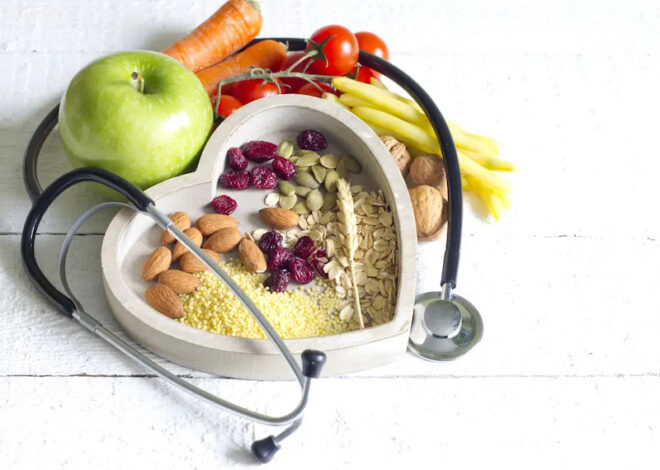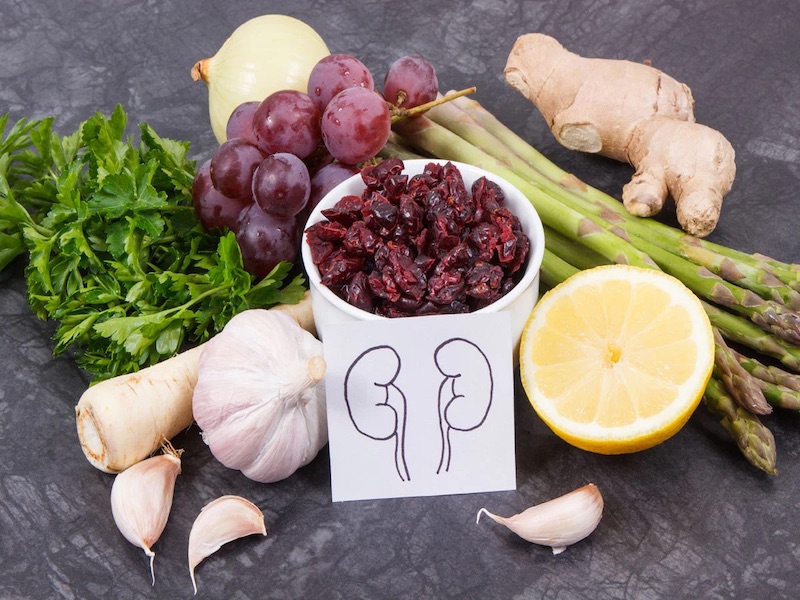
Answering questions: What foods help repair kidneys?
The kidneys play an important role in filtering and removing waste from the body, maintaining electrolyte balance, and supporting many other important functions. In this article, we will explore foods that can help improve kidney function and support the recovery process. So what foods help repair kidneys, follow the article below.
What is a kidney-friendly diet?
The kidneys play a vital role in the body. They filter waste and remove excess water through urine, balance minerals, and fluids, and produce hormones that help regulate blood pressure. A kidney-friendly diet is designed to protect the kidneys from further damage and help them function as efficiently as possible.
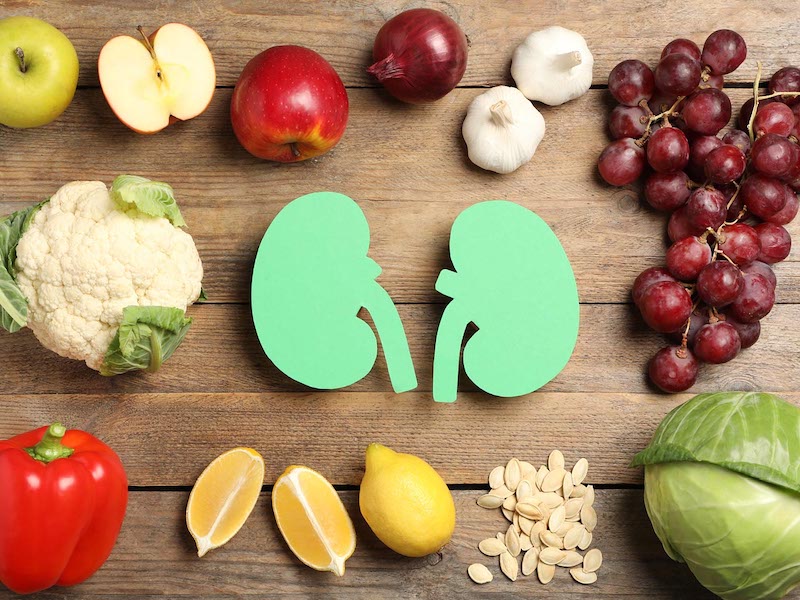
To maintain a kidney-friendly diet, you need to:
- Limit foods and fluids: This helps prevent the buildup of waste, water, and minerals like electrolytes in the body that the kidneys may have difficulty processing.
- Ensure adequate nutrition: You need to consume the right amount of protein, calories, vitamins, and minerals to support overall health without putting additional stress on the kidneys.
For people with early-stage kidney disease, dietary adjustments may not be too strict. However, as the disease progresses, careful monitoring and management of daily food intake becomes more important to prevent further damage to the kidneys.
See more:
- The Mediterranean Diet Pyramid: The Secret to Health and Beauty
- Vegan Diet: Benefits, notes, and reference menu
- The DASH Diet: Benefits, how to apply it effectively and safely
What foods help repair kidneys?
If you have chronic kidney disease, it is extremely important to monitor your food and water intake. This is because diseased kidneys cannot remove waste from the body as effectively as healthy kidneys. Here are the best foods to improve kidney function and help you stay healthy longer:
Kidney-friendly foods
- Apples: Apples are a rich source of pectin, a soluble fiber that helps lower cholesterol and blood sugar. Fresh apples are also high in vitamin C and antioxidants.
- Blueberries: Blueberries are a low-calorie source of fiber and vitamin C. Studies show that blueberries may protect against cancer and heart disease, and improve brain health.
- Fish: Certain types of fish, such as salmon, mackerel, tuna, herring, and sardines, are rich in omega-3 fatty acids. These nutrients are essential for controlling blood clotting and building cell membranes in the brain. Studies show that omega-3s can reduce the risk of irregular heartbeat, reduce triglyceride levels, and lower blood pressure.
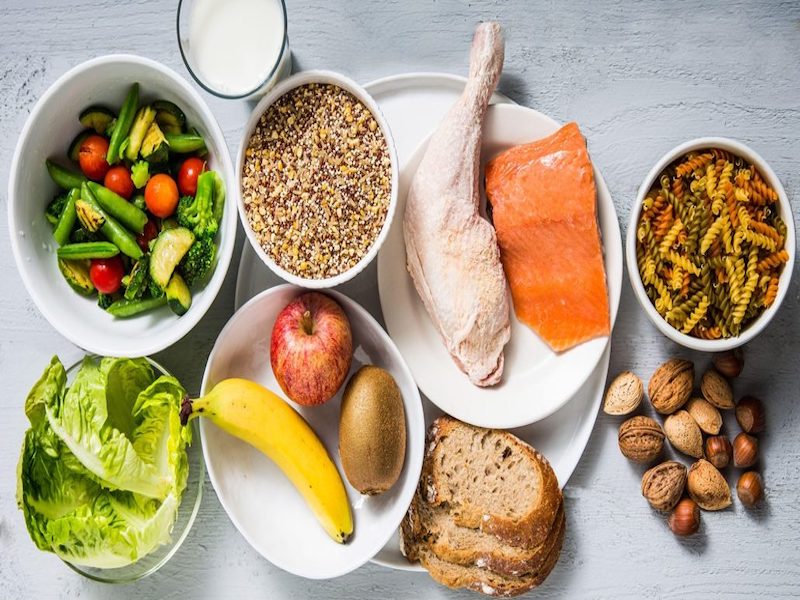
- Kale: Kale is rich in vitamins A, C, calcium, and many other minerals. It contains carotenoids and flavonoids, which are beneficial for eye health and protect against cancer. However, because kale is moderate in potassium, people on dialysis should avoid it.
- Spinach: Spinach is rich in vitamins A, C, K, and folate. The beta-carotene in spinach helps boost immunity and protect eyesight. It is also a good source of magnesium.
- Sweet potatoes: Sweet potatoes are low in sugar and high in soluble fiber, which helps keep you feeling full longer.
Other foods that help improve kidney function
- Cranberries
- Arugula
- Raspberries, strawberries
- Plums, pineapples, peaches
- Cabbage, cauliflower, asparagus
- Beans, celery, cucumber
- Onions, bell peppers, radishes, summer squash
- Garlic, shiitake mushrooms
- Egg whites without yolks
- Water, olive oil
- Skinless chicken has less potassium and sodium than skinless chicken
- Radishes are a great alternative to potatoes and winter squash (turnips).
- Macadamia nuts
Choosing the right foods not only helps improve kidney function but also contributes to improving your overall health. Always follow the instructions of your doctor and nutritionist to have the most suitable diet.
See more:
- A low carb diet: The secret to health and shape
- Anti-inflammatory diet and detailed instructions on how to do it
- Ornish Diet – Benefits, effective 7-day menu you need to know
How to combine a kidney-friendly diet and control diabetes
Managing kidney disease and diabetes can be challenging because both conditions require special diets. Fortunately, a kidney-friendly diet and a diabetes-friendly diet have much in common, although there are also important differences to note. Here’s how you can combine the two effectively:
Control your blood sugar: Managing your blood sugar is essential to preventing further damage to your kidneys. Since both diets require careful control of certain foods, focusing on commonalities can help simplify meal planning.
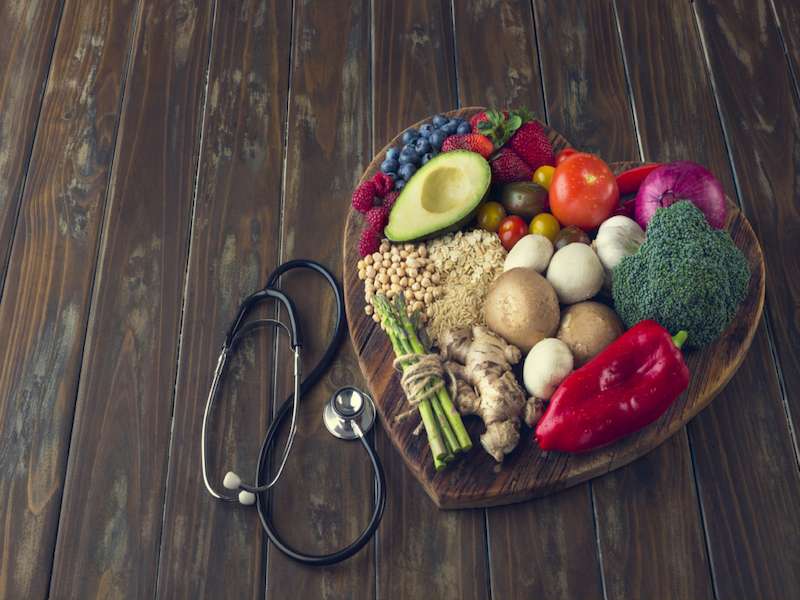
Choose the right foods: Here are some foods that are good for people with both diabetes and kidney disease:
- Fruits: Berries, papaya, cherries, apples, and plums.
- Vegetables: Broccoli, onions, and spinach.
- Protein: Lean meats like poultry and fish, eggs, and unsalted seafood.
- Carbohydrates: Whole-wheat breads, sandwiches, unsalted crackers, and pasta.
- Fluids: Water, clear soups, and unsweetened tea.
Switch to Kidney-Friendly Options: For example, if you usually turn to orange juice to treat hypoglycemia, switch to kidney-friendly apple juice. Apple juice provides a similar blood sugar spike but significantly less potassium, which helps protect kidney health.
Adjust to Stage: In later stages of kidney disease, blood sugar levels may improve due to changes in the way your body uses insulin. However, if you are on dialysis, the fluids used during this process may contain high amounts of sugar, which can increase blood sugar. Close monitoring by your doctor is important to decide whether your diabetes medications need to be adjusted.
See more:
- What is the Nordic Diet? Benefits and simple, effective implementation
- Learn more about Oatmeal ozempic weight loss
- Keto menu for beginners: Detailed, easy-to-follow instructions
Conclusion
So you have the answer to the question what foods help repair kidneys? Kidney care and recovery not only depend on medical treatment but also is significantly supported by a reasonable diet. By supplementing foods rich in nutrients, antioxidants, and vitamins, you can help your kidneys function more effectively and reduce the risk of kidney problems. If you have any other questions, don’t forget to leave a comment below Evaworlds‘ article.










